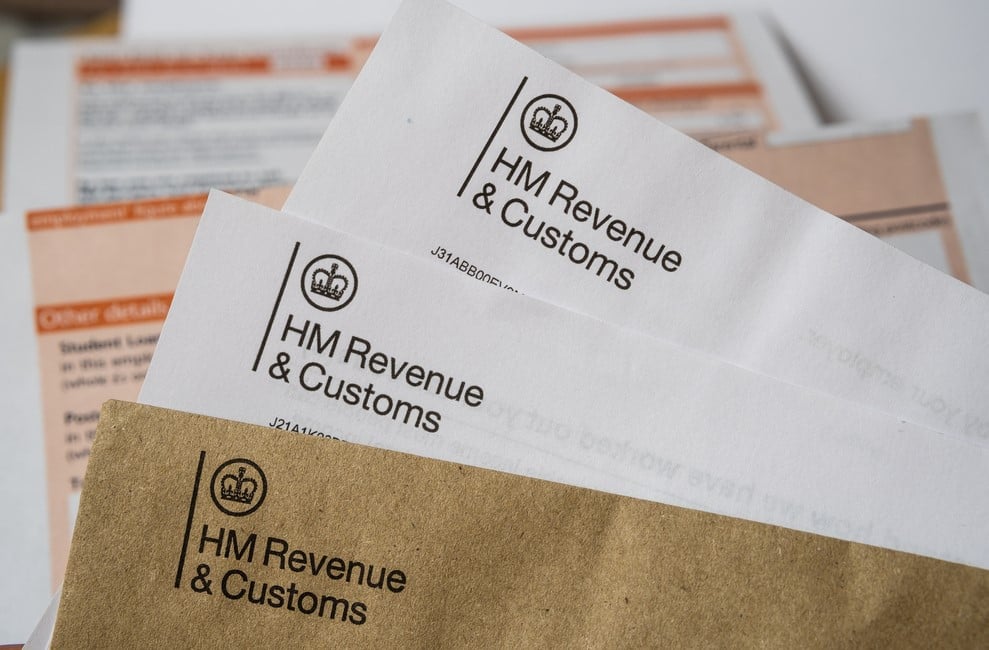HMRC can often transmit ripples of anxiety across anyone’s day. Usually, these letters appear in several forms, but one type that could appear in your mailbox is the termed “nudge letter.” Formulated to prompt or urge taxpayers about their fiscal responsibilities, specifically pertaining to undeclared income, understanding your HMRC nudge letter is vital to make sure you’re satisfying your tax obligations effectively.
What exactly is an HMRC Nudge Letter?
A nudge letter from HMRC is fundamentally a preventive measure rather than an blaming one. These letters are part of HMRC’s strategy to encourage taxpayers to willingly rectify any inconsistencies in their tax reports, especially focusing on international income that might not have been fully declared. Unlike formal audit letters, a nudge letter does not mean there is an continuing investigation into your tax affairs. Instead, it serves as a gentle prompt that HMRC has data suggesting there might be undeclared income.

What’s the reason Have You Gotten One?
If you’ve come across one of these letters in your mail, it’s likely because HMRC has received details which possibly conflicts with the data you’ve sent, or implies there might be other income sources that need to be accounted for. Common triggers for issuing a nudge letter involve discrepancies noted in the data shared by international tax authorities or financial institutions about overseas income.
Interpreting the Content
The main content of a nudge letter typically includes a reminder about the necessity of reporting all relevant revenues; a signal that mistakes should be fixed; and at times, connections to guides on the best way to handle declaring undisclosed income. It’s crucial to examine the data stated about the suspected undisclosed income thoroughly and determine whether it relates to your situation.
Next Measures: What exactly Ought to You Perform?
Upon getting a prompt notice, undertaking proactive steps is crucial:
Examine your Tax Returns: Double-check your prior submissions to ensure all income sources were declared correctly. Give particular attention to any international income.
Consult a Tax Consultant: If there’s any kind of uncertainty about how to proceed or if amendments are necessary, consulting with a taxation expert can provide clearness and guidance.
Respond Promptly: Adhere to any instructions provided in the letter concerning due dates for response. Engaging cooperatively with HMRC could often prevent further complications or queries.
Correct All Errors: If you find errors or missing details, opt for swift moves to remedy it. This usually requires submitting amended returns and collaborating fully with HMRC.
Prevention is Better Over Remedy
To avoid future HMRC nudge letters, maintaining complete and precise records of all domestic and foreign income is wise. Consistently updating tax filings and ensuring full transparency can support evade the strain associated with such checks from the tax authorities.
Handling tax affairs can often seem overwhelming, particularly if it includes complications such as overseas income. However, comprehending why you got an Her Majesty’s Revenue and Customs nudge letter and knowing how to respond adequately may not only aid in addressing potential issues swiftly but also reinforce your commitment to careful monetary compliance. Keep in mind, the tax authority utilizes these letters to assist taxpayers in remaining compliant rather than fining them without prior notice.
For details about HMRC nudge letter check our new internet page

